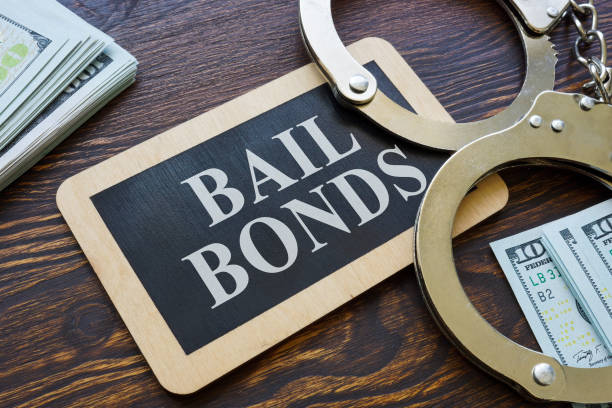When most people think about bonds, it's 007 you think of and which actor they've got preferred over the years. Bonds aren’t just secret agents though, they may be a sort of investment too.

What exactly are bonds?
Essentially, a bond is loan. When you purchase a bond you're lending money for the government or company that issued it. In substitution for the borrowed funds, they are going to give you regular interest rates, together with original amount back after the definition of.
As with all loan, there's always the chance that this company or government won't pay you back your original investment, or that they'll fail to maintain their interest payments.
Purchasing bonds
While it's easy for one to buy bonds yourself, it is not easy and simple thing to do and it tends need a large amount of research into reports and accounts and stay pricey.
Investors might discover it is considerably more simple to buy a fund that invests in bonds. It's two main advantages. Firstly, your money is along with investments from all people, which suggests it can be spread across an array of bonds in a fashion that you couldn't achieve had you been investing on your personal. Secondly, professionals are researching the entire bond market for your benefit.
However, due to the mixture of underlying investments, bond funds don't invariably promise a limited level of income, therefore the yield you get are vastly different.
Understanding the lingo
Whether you're deciding on a fund or buying bonds directly, there are three keywords that are helpful to know: principal; coupon and maturity.
The main is the amount you lend the organization or government issuing the link.
The coupon is the regular interest payment you will get for choosing the link. It is a set amount that's set in the event the bond is disseminated and it is referred to as the 'income' or 'yield'.
The maturity will be the date when the loan expires along with the principal is repaid.
Many of bond explained
There are two main issuers of bonds: governments companies.
Bond issuers are usually graded as outlined by power they have to settle their debt, This is called their credit worthiness.
A company or government having a high credit history is known as 'investment grade'. This means you are less inclined to generate losses on his or her bonds, but you will most probably get less interest at the same time.
In the other end from the spectrum, a business or government which has a low credit score is regarded as 'high yield'. Because the issuer has a higher risk of unable to repay their loan, a persons vision paid is usually higher too, to inspire individuals to buy their bonds.
How can bonds work?
Bonds might be in love with and traded - just like a company's shares. Because of this their price can move up and down, based on many factors.
The 4 main influences on bond costs are: interest rates; inflation; issuer outlook, and provide and demand.
Rates of interest
Normally, when rates of interest fall techniques bond yields, but the price of a bond increases. Likewise, as interest rates rise, yields improve but bond prices fall. This is called 'interest rate risk'.
In order to sell your bond and obtain your money back before it reaches maturity, you might need to do this when yields are higher and prices are lower, and that means you would get back under you originally invested. Rate of interest risk decreases as you become closer to the maturity date of a bond.
As one example of this, imagine you've got a choice from the savings account that pays 0.5% plus a bond that provides interest of 1.25%. You could decide the bond is a lot more attractive.
Inflation
For the reason that income paid by bonds is usually fixed back then these are issued, high or rising inflation can be a hassle, as it erodes the genuine return you get.
For example, a bond paying interest of 5% may seem good in isolation, however, if inflation is running at 4.5%, the real return (or return after adjusting for inflation), is only 0.5%. However, if inflation is falling, the call might be even more appealing.
There are specific things like index-linked bonds, however, which can be employed to mitigate the chance of inflation. The need for the borrowed funds of the bonds, along with the regular income payments you will get, are adjusted consistent with inflation. Which means that if inflation rises, your coupon payments and the amount you will definately get back go up too, and the opposite way round.
Issuer outlook
Like a company's or government's fortunes can either worsen or improve, the buying price of a bond may rise or fall as a result of their prospects. As an example, if they're dealing with a bad time, their credit history may fall. The chance of a company not being able to pay a yield or being not able to repay the administrative centre is referred to as 'credit risk' or 'default risk'.
If a government or company does default, bond investors are higher the ranking than equity investors with regards to getting money returned for them by administrators. This is the reason bonds are often deemed less risky than equities.
Demand and supply
If your lot of companies or governments suddenly must borrow, there will be many bonds for investors from which to choose, so costs are planning to fall. Equally, if more investors need it than you can find bonds on offer, costs are more likely to rise.
To get more information about Bail bonds go to our new website
